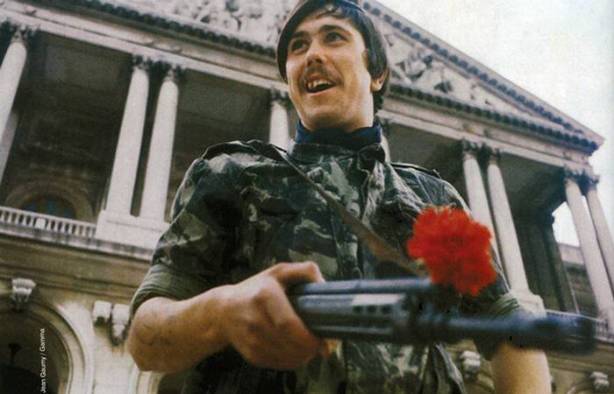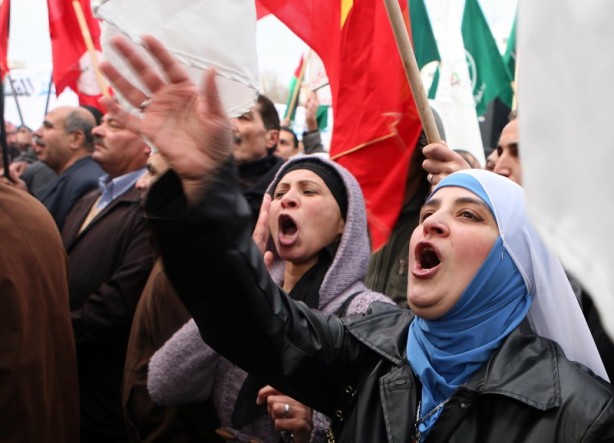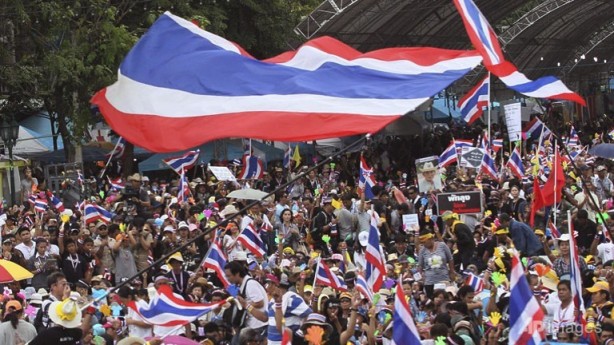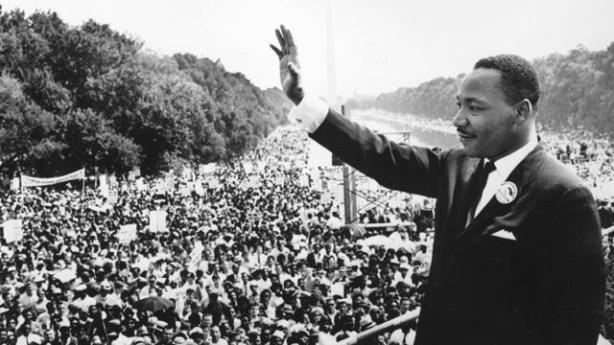In December last year, a humiliated fruit vendor, Mohamed Bouazizi, burned himself and sparked what is now known as the Jasmine Revolution in Tunisia that sent long-entrenched dictator Zine el-Abidine Ben Ali, his family and cronies packing their bags and ill-gotten loot and skedaddling to Saudi Arabia and to parts unknown after that.
And Tunisia proved to be the spark that lit the now raging prairie fire in the Arab world. Yemen is boiling. Jordan too. But the focus of our attention is Egypt where the thirty-year old Mubarak regime is desperately clinging to power amidst calls made gingerly by West European and US governments for the strongman to start an ‘orderly transition of power’ what ever that means.
In our neck of the woods, the intrepid Heidi Mendoza (no relations; how I wish I had) revealed in one parliamentary hearing yesterday she made a pledge with her fellow auditors that she will run naked in the streets of Manila if the Ombudsman (the special court that supposedly tries cases against corrupt and erring public officials) found the case she built against the plundering Gen. Carlos Garcia to be ‘weak’.

Heidi Mendoza at House hearing
An hour ago, the voluptuous and reportedly openly-bisexual Mocha (Margaux) Uson, model and lead singer of the eponymously-named all-female show band MOCHA GIRLS, tweeted:
ATTN: Heidi Mendoza. You have my support. I vow to run naked with you in the street if Garcia’s case will be dismissed.

Mocha Girls

Mocha kissing her bandmate
All these ‘body movements’ from Tunisia to the Philippines recall the excellent paper presented by Dr. Vene Rallonza of the Ateneo de Manila University at last year’s annual meeting of the Philippine Political Science Association (PPSA) in Baguio City.
Vene was my student in an International Studies course that examined non-violent political struggles the world over during the 20th century. While her classmates chose to make class presentations on such struggles as the Rose Revolution in Georgia, the march of the Sumilao farmers from Mindanao to Manila, and the protest of the Chinese youth in Tien-an-men Square in Beijing in 1989, Vene decided to focus attention on the People for Ethical Treatment of Animals (PETA), that band of activists who would rather wear leaves or go naked rather than wear ‘glamorous’ fur.
Vene joined me in a panel on unconventional lifestyles and politics where I also presented a paper co-wrote with my son Arlo, who is into literary theory and a member of an indie rock band on the politics of the Jologs, the Philippine version of gangsta, punk, and grunge.
We had a standing-room only audience.

PETA's 'rather go naked than wear fur' campaign
Two months after, during World Cup 2010 in South Africa, the world was treated to threats that they will run naked in the streets of their native cities.
The cellphone-on-the-chest wielding Larissa Riquelme, who is rooting for Paraguay, promised to run naked in the streets of Asuncion if her national team wins the Cup..

- Larissa Riquelme
Or the coach of Argentina, the Diego Maradona of ‘the hand of God’ (in)fame(y), who made the same promise.
I guess the guys in Buenos Aires, even if elated over an Argentinian victory will prefer Larissa to do her run instead of Diego.

Maradona the bull
One may dismiss Mocha’s tweet as a blatant attempt to capitalize and ride on Heidi Mendoza’s current popularity. Be that as it may, she has an acute sense of the great political possibilities of the body.
Today’s Inquirer carries a full-page ad paid for by a certain Jose Mari Moraza who declared himself a “soldier of truth who is one” with Heidi Mendoza “in the fight for a corruption free Philippines”.
Moraza encouraged Heidi: “Sa gitna ng tukso, pangungurakot-Huwag kang manghina at manatiling nakatutok sa tunay na layunin” (Amidst temptation and corruption, don’t weaken and stay focused on the true objective).
Burning bodies. Toppled dictators.
Naked bodies. Running bodies.
World Cup trophies?
Nah!
Convicted plunderering generals?
Hopefully, yes!
What more can I say?
14.651170
121.062283


















